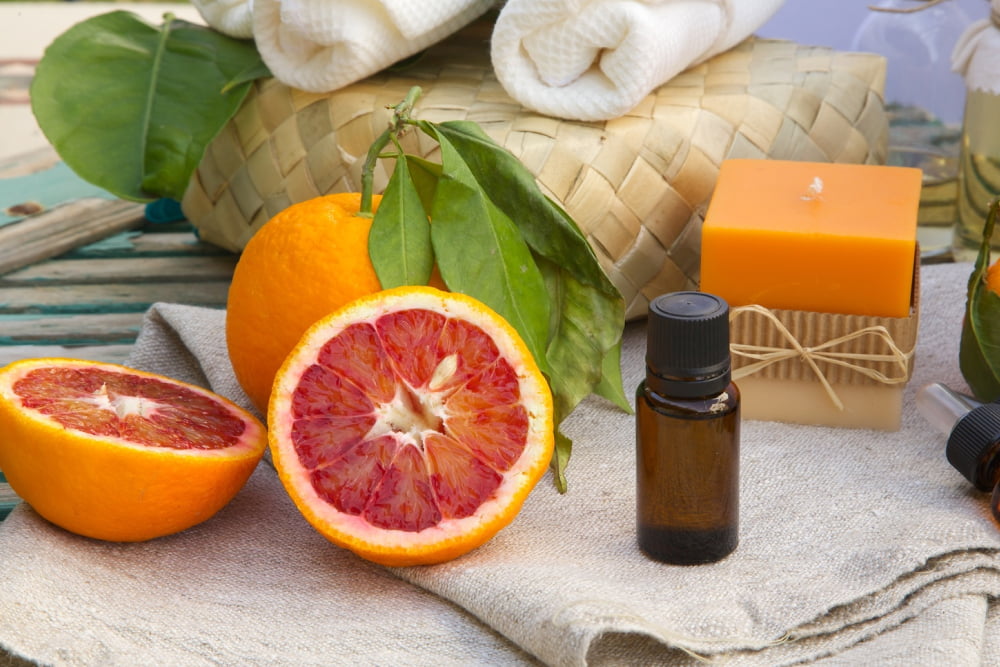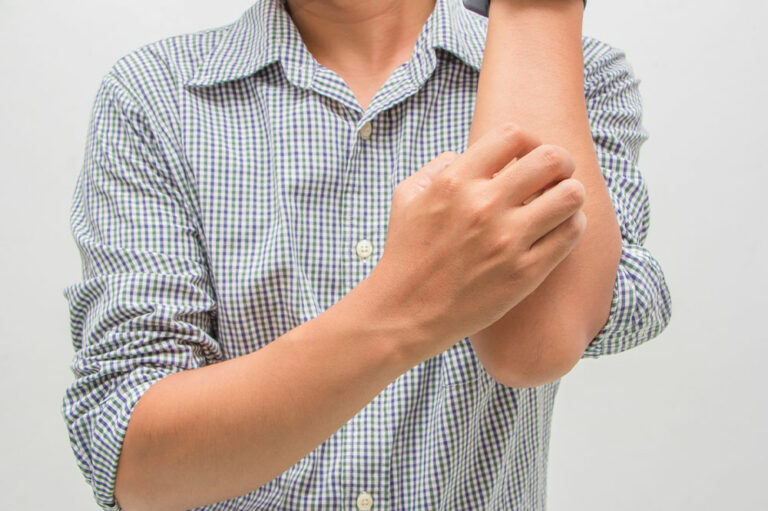Pet owners often take preventative measures to protect their furry friends from fleas and ticks. These measures can be obtained from a veterinarian, but despite taking precautions, an infestation is inevitable. Dogs, in particular, love to spend time outdoors, rolling around on grass or running through shrubs, so they are likely to pick up pests. When this happens, it is essential to take quick action to prevent any health issues. Here are a few home remedies that can help prevent flea and tick infestations.
Essential oils
These are cold-pressed or distilled natural oils that are highly concentrated. Essential oils, when diluted with a carrier oil, can be used as pre-bath rinse or as sprays to deter fleas and ticks from pets. They can also be added to a pet’s shampoo or brushed into the coat. However, not all essential oils are safe for use on cats and dogs, especially if they are pregnant. Additionally, there are a few types of oils that may be safe for dogs but not for cats. Therefore, it is important to consult a veterinarian before using such oils on pets. This will help to determine which oils are non-toxic and the safest ways to use them. Moreover, it is imperative to make sure that the pet does not ingest essential oil in the process.
Here are some of the few essential oils that have been found to work well to prevent flea and tick infestation.
- Lemongrass
Lemongrass essential oil contains two main ingredients, geraniol and citral, which are known for their flea-repellent properties. Mix about five drops of the oil with water in a spray bottle. This spray can be applied on the pet’s coat, furniture, or carpet to prevent flea infestation. - Lavender
The lavender essential oil has a distinct aroma that repels ticks and fleas. Additionally, it is known to hinder the hatching of tick eggs. The ideal way to use lavender oil for pets is to add about 5 to 10 drops in a diluted solution and mix it with their shampoo. This helps prevent further infection and provides relief from any irritation. - Peppermint
Peppermint oil can be applied to the infected areas to soothe the inflammation and irritation caused by fleas. Additionally, the spray can be used around the house to kill larvae of the flea. - Rosemary
An effective flea repellant, rosemary oil aids in the healing of flea bites. A few drops can be added to a pet’s shampoo to prevent further infestations. - Cedar
Ticks and fleas do not like the smell of cedar, which makes it an effective solution to get rid of them. The oil can be mixed with a carrier oil or pet shampoo to repel pests from a pup’s fur. - Citronella
Citronella oil is a commonly used hack to repel mosquitoes, but it can also be a useful deterrent against ticks and fleas. To create a spray solution, simply add a few drops of citronella oil to a spray bottle filled with water. One can then use this solution to spray on pets, inside the house, and around the yard. - Eucalyptus oil
Eucalyptus oil is another effective option for keeping ticks and fleas away. Its strong scent can be added to your pet’s shampoo during bathtime. A few drops of eucalyptus oil in the shampoo will do the trick.
Citrus fruit juice
Citrus fruits have a peculiar tangy smell that can help keep fleas away. To use this natural method, one can extract the juice of a freshly squeezed lemon or an orange and apply it to the pet’s fur to prevent further infestation. However, it is important to dilute the juice and check with a vet first, as some pets may be allergic to citrus fruits. Also, it is crucial to avoid using essential oils extracted from citrus fruits, as these oils contain a compound called limonene that is toxic to pets and can potentially cause liver damage. Limonene is often found in household cleaning solutions, fragrance products, and topical creams.
Bathing
Bathing a pet in a tub filled with water is an effective method to get rid of ticks and fleas. As these pests do not cling onto the hair shafts, they will fall off into the water. Although this method may not eliminate all of the ticks or fleas, it will remove most of them in a couple of bathing sessions. To effectively get rid of fleas, add a mild dishwashing liquid soap (recommended by a vet) or pet shampoo to the water. Use a cloth or brush dipped in soapy water to rub along the fur and loosen the ticks and fleas from the pet’s hair and skin.
Protective clothing
Tall grass is a common breeding ground for ticks and fleas, which can easily latch onto pets or humans as they walk past. These pests are attracted to the warmth of the body and can cause serious harm to the health. So, to protect the pet from these pesky insects, it’s important to use protective clothing when they spend time outdoors. Any type of cover-up clothing can create a barrier between the pet’s body and the flea-infested grass. An old loose t-shirt can be easily altered to fit the pet, and old socks can be used as leg warmers for additional protection. With the right cover-up clothing, one can keep their pet safe and healthy while enjoying the great outdoors.
Lemon wash
Homemade lemon wash solutions are another effective home remedy to prevent ticks and fleas. Here’s how to make the solution:
- Take about four slices of lemon and add some salt to it. Mix it well with seven cups of water.
- Heat the solution until it begins to boil.
- Let it cool down and then steep it for about 24 hours and then dilute it a bit.
- Apply the solution to a pet’s fur after shampooing it.
- Wash it off and brush its fur to remove all the fleas and ticks.
Natural flea collars
If time is not an issue, one can easily create a flea-deterrent collars at home. To make a natural flea collar, strip off some nylon or cotton fabric and stitch the fabric patches together based on the neck measurements of the pet. Make sure the collar is not too tight or too loose. Once it is stitched, add some diluted essential oil or any anti-flea solution to the collar. Now the natural flea collar is ready to be used.

















